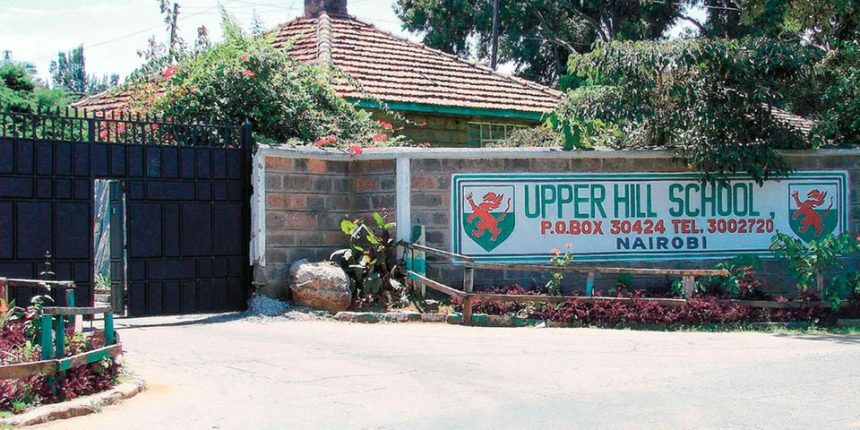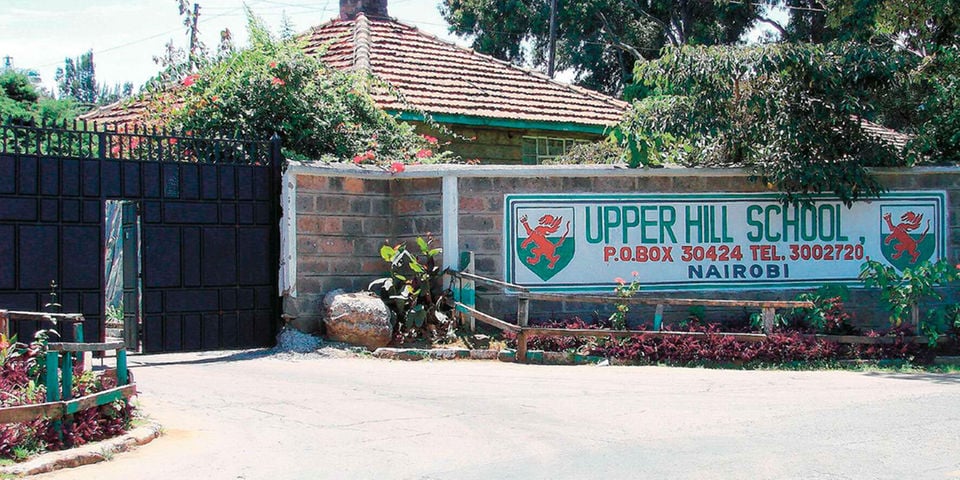The Ministry of Health has sent medics to Upper Hill School to conduct tests after 11 students were admitted to hospitals with Cholera-like symptoms.
The cholera tests will be conducted on learners and food handlers.
Three learners are admitted to Savannah Hospital while eight are at South B Hospital.
On Sunday, three learners were admitted to Savannah Hospital while 17 others were taken in at South B Hospital.
Of the between 80 and 100 affected students, only 11 are still admitted.
Those who returned to school are on treatment with antibiotics and oral salts.
On Tuesday, panicky parents attempted to pick their children from the school after media reports on Monday night but they were barred.
A parent said her son was not feeling well and had gone came to see him but she was told it is not cholera.
The parents were given a chance to talk with their children and she said he was only given a ‘piriton’.
The test results are expected tomorrow to confirm whether they are cases of cholera.
However, the Director, preventive and promotive health in Nairobi Carol Ngunu said it could be a case of amoebiasis and not cholera.
Initially, reports indicated that 16 students were hospitalised over the weekend after a suspected cholera outbreak.
The update was provided by the Ministry of Education, which has raised the alarm over an acute water shortage that has struck schools within Nairobi County.
Reports indicated that several students began vomiting and complaining of stomach upsets after eating rice, beans and beef on Friday. The students said the meal had a foul smell.
The majority of those affected are form three students. Thirteen were admitted to South B Hospital and three to Savannah Hospital, while 60 were treated at Mbagathi Hospital and discharged.
On Monday, the learning institution was a beehive of activity, with a multi-agency team conducting a sanitation inspection.
Sanitation officials from the Ministry of Health as well as the county government were still collecting samples by Monday evening, mainly water and food, for additional tests.
Education officials said the issue was worsened by the water scarcity in the capital, occasioned by drying boreholes.
Ministry of Health data shows that Nairobi has recorded more than 500 cholera cases since October 2022, 85 of them ending in fatalities.




